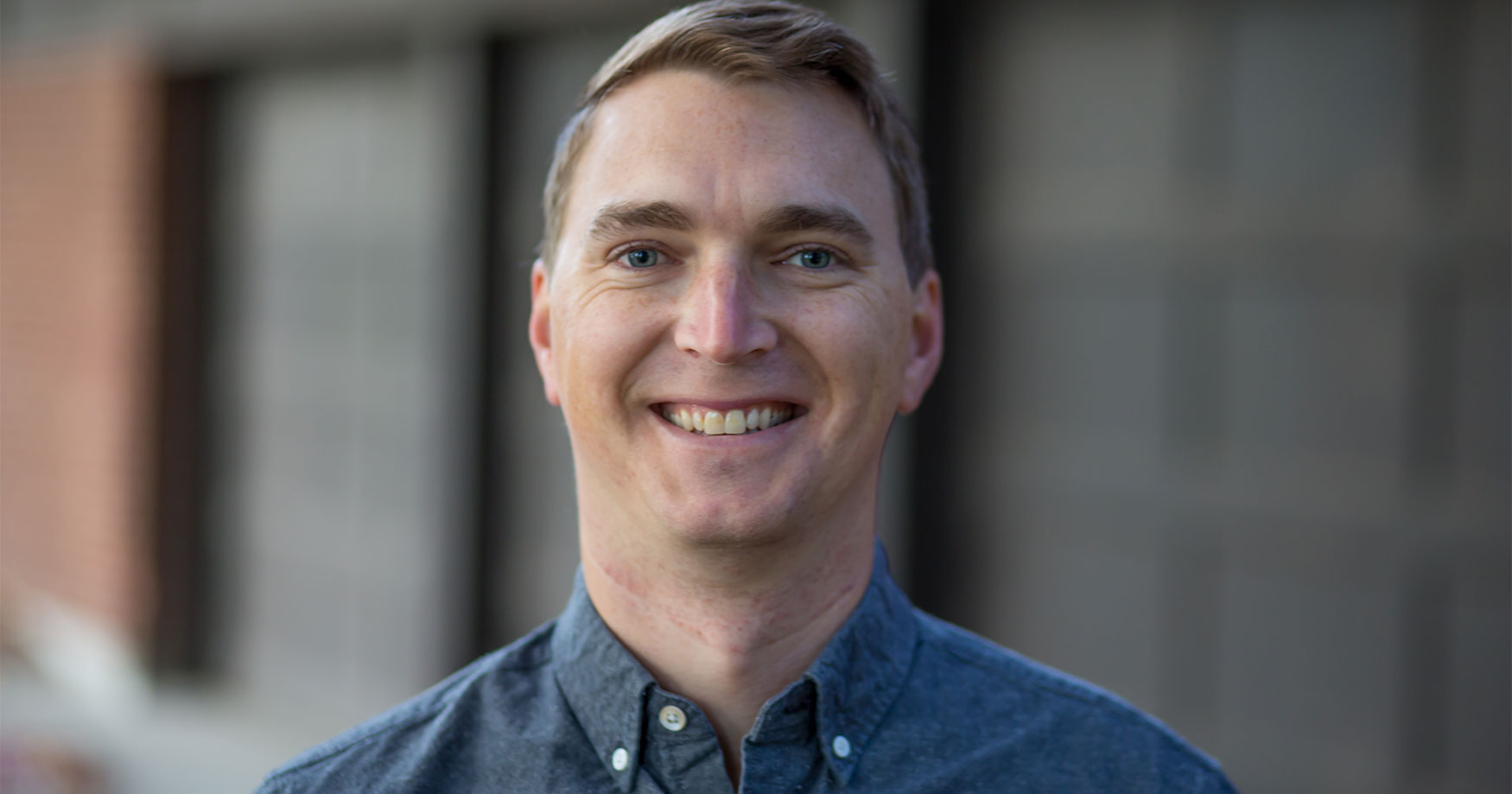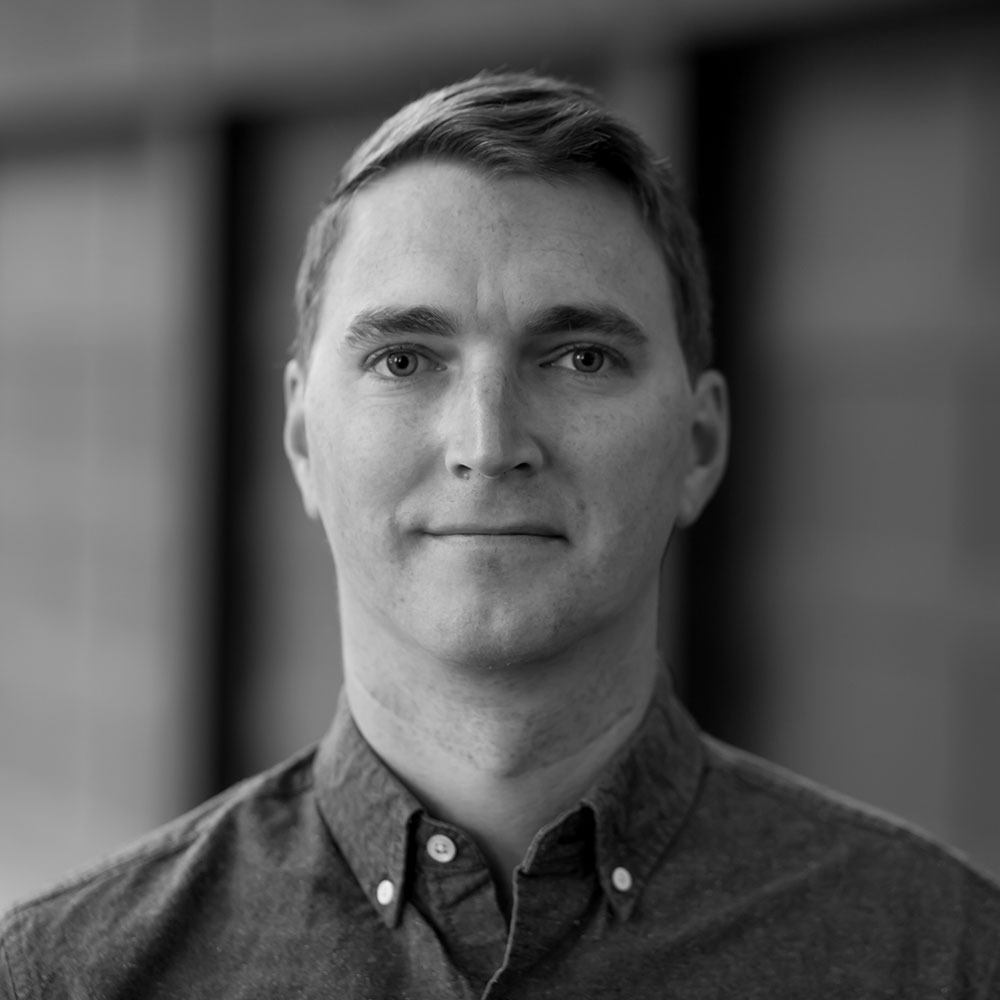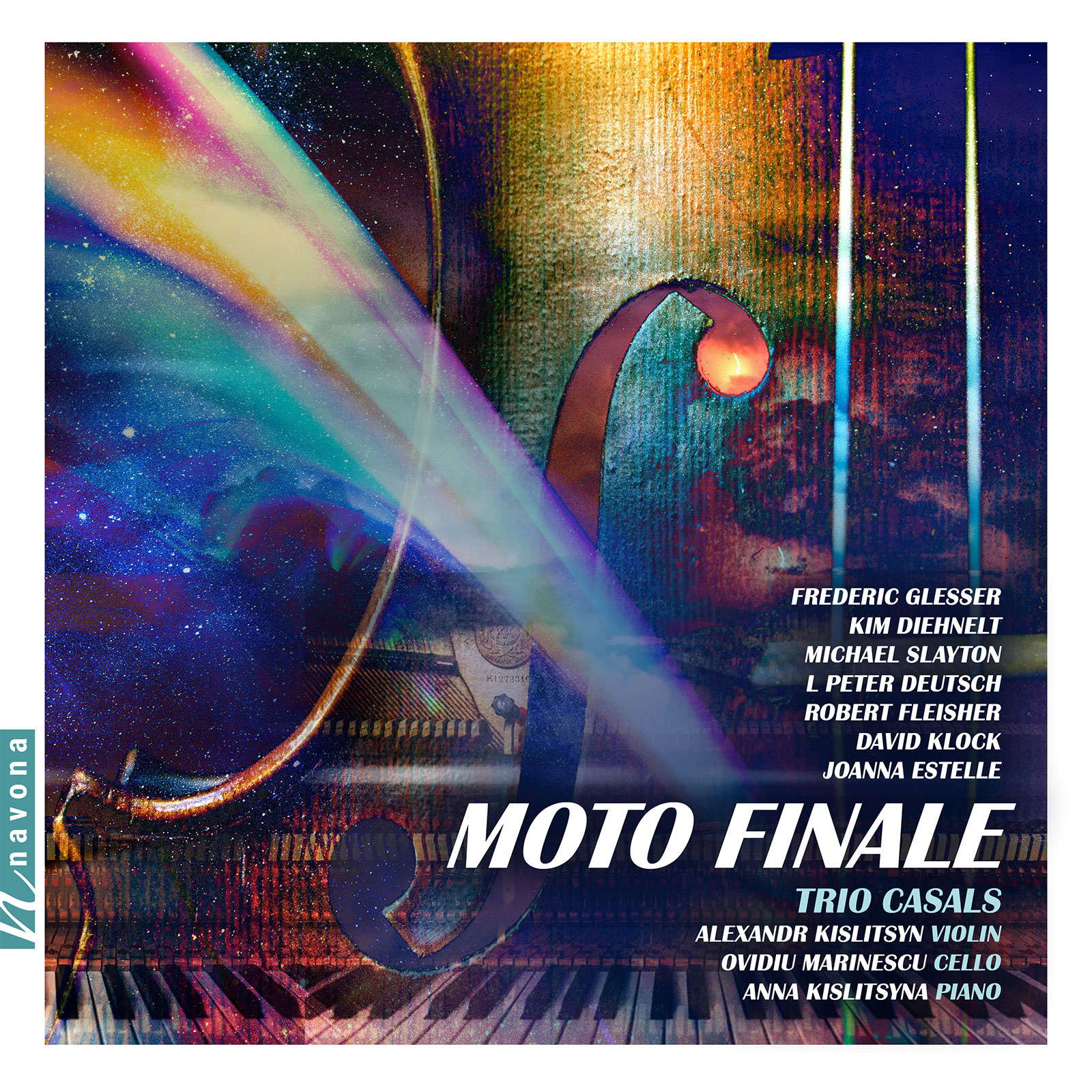
MOTO FINALE brings the beloved chamber music series to a close with a number of works inspired by nature, loss, spiritual connection, and music of the past. The seasoned Trio Casals returns for this seventh and final installment to perform the works of seven composers including David Klock, whose piece Water in Motion was inspired by the Cache la Poudre River in Colorado.
Today, David is our featured artist in “The Inside Story,” a blog series exploring the inner workings and personalities of our composers and performers. Read on to learn why he’d turn to South America for a creative escape, and why he could see himself braving mountain ranges with Backcountry Search and Rescue…
When did you realize that you wanted to be an artist?
When I was in undergrad, I heard Chamber Orchestra Kremlin perform Shostakovich’s 8th String Quartet with — if I remember correctly — 18 players. The sheer force of their sound, coupled with the quality of their performance, absolutely blew me away. I distinctly remember being on the edge of my seat nearly the entire time, and barely being able to sleep afterward. I’m positive that I bored my friends to tears by recounting the details of a concert that they weren’t even at, but I don’t care; it was phenomenal. That moment will always be etched in my mind as the time when I knew I wanted to create interesting sounds with instrumental ensembles.
What is your guilty pleasure?
While I don’t believe in “guilty” pleasures per se, I certainly have some pleasures that I don’t readily advertise! Among them are sports documentaries (e.g. “All or Nothing: Manchester City”), listening to new iterations of bachata (Vicente Garcia, all day), and eating cheese for dessert entirely too late at night. Judge as you will.
If you could make a living at any job in the world, what would that job be?
Backcountry Search and Rescue. I would be thrilled to hike, snowshoe, and ski through the mountains in order to help people in danger. The mix of the outdoors and an adrenaline-fueled situation is right up my alley! I even looked into that as a career choice when I was younger, but it turns out, there’s pretty much no paid jobs for that. I’m very lucky, though, that I also love what I do currently.
If you could spend creative time anywhere in the world, where would it be and why?
My answer is twofold. First, and for the pedagogical value, Venezuela, without a doubt. I have always been fascinated with El Sistema and the musicians that come from that program. I would absolutely love to sit in rehearsals and after-school programs and soak in what their incredible educators do on a daily basis. Then, I’d like to spend time in the Andes traveling south from Colombia, through Ecuador and Peru, and into Bolivia to learn all I can about instruments like the charango, tiple, and requinto. As a guitarist, these instruments that are so closely related seem to have such unique, and yet relatable, voices. It would be an honor to learn about them from experts.
If you could instantly have expertise performing one instrument, what instrument would that be?
Cello, hands down. My skills are rudimentary, and I’ve always wanted to develop them more. The range is astounding, the expressiveness unparalleled, and the potential for both comforting sounds that we all know and love as well as innovative, forward-thinking compositions is nearly unlimited. My mind goes to performers and artists like Yo-Yo Ma, Paul Rucker, and Sheku Kanneh-Mason and the incredible diversity of genres and techniques that they represent with the same instrument. That type of creation is infinitely inspiring to me.
Is there a specific feeling that you would like communicated to audiences in this work?
Water in Motion is programmatic in nature; it is directly tied to concrete ideas outside the world of music. As such, I certainly hope listeners can hear and feel the sounds of a river (regardless of what specific river they have in mind), the sensation of sun on their skin, the calls of birds and the chirps of insects, and the feel of moving water pressing against their bodies. And by the time they arrive at the end of the piece, my hope is that they are left feeling satisfied, calm, and slightly tired, the kind of tired that comes after a great day spent outside, when your skin is warm, muscles are tired, and you have a grin on your face because of it.

David Klock is a composer of instrumental concert music as well as collaborative pieces for multimedia projects. His works have been featured in "Playas de Tijuana Mural Project," a documentary by Lizbeth de la Cruz Santana, Humanizing Deportation, a community-based digital storytelling project, The Neighborhood Arts Collective, a multidisciplinary arts organization, and published by T.U.X. People’s Music.

